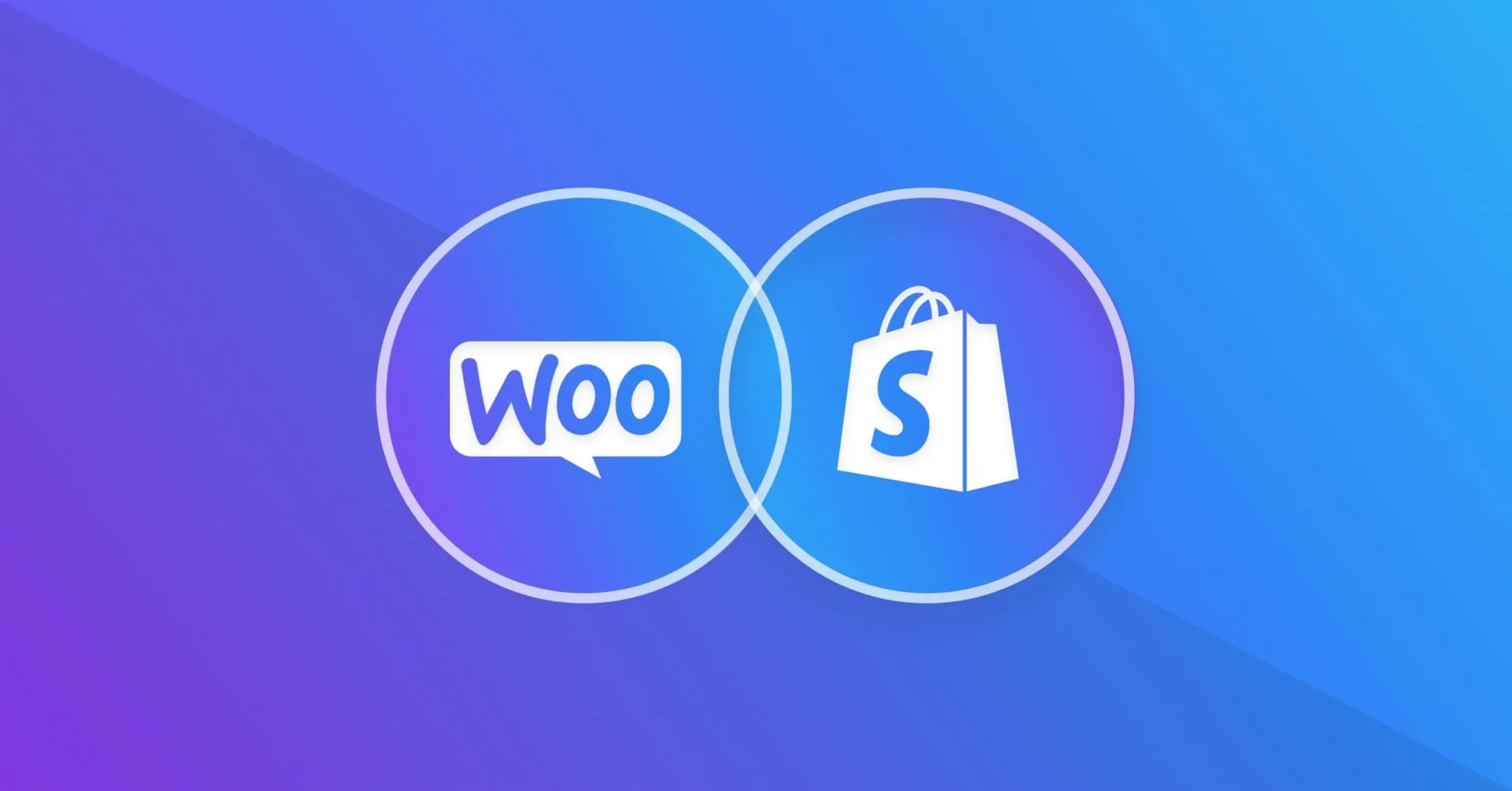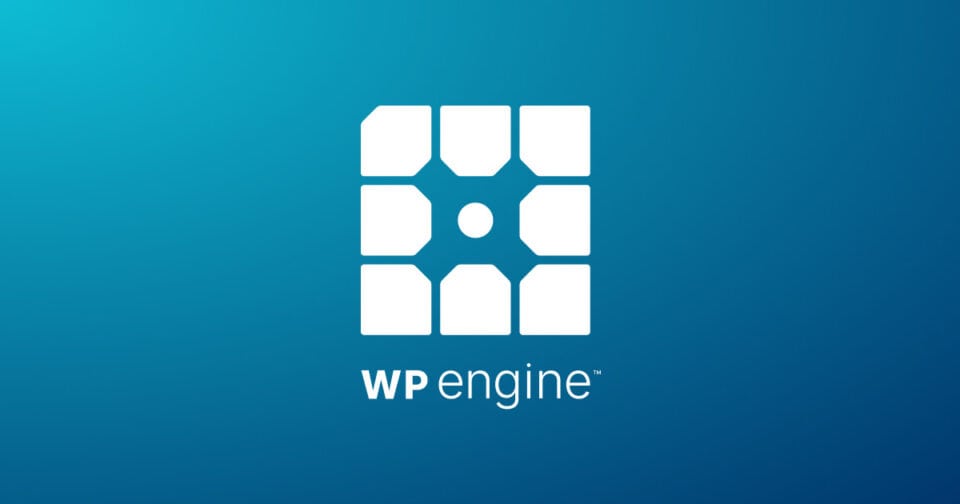Whether you’re launching your first online shop or migrating from an outdated system, two platforms dominate the e-commerce conversation: WooCommerce and Shopify. Both are powerful, but they cater to different needs, business models, and mindsets.
At Websi, we favour WooCommerce. Why? Because it’s open-source, customisable, and free from platform lock-in. But that doesn’t mean Shopify is without merit—far from it. If you’re after an all-in-one SaaS solution with minimal upkeep, Shopify might suit you just fine.
Let’s dive into the key differences, pros, and cons of each to help you decide.
What is WooCommerce?
WooCommerce is a free, open-source plugin for WordPress that turns any website into a fully functional e-commerce store. It’s highly customisable and ideal for businesses that need more control over the look, feel, and functionality of their store.
What is Shopify?
Shopify is a hosted SaaS e-commerce platform that allows you to build a store using their proprietary system. It’s popular for its ease of use, built-in tools, and managed hosting—all under one monthly subscription.
Pros and Cons of WooCommerce
✅ Pros
- Complete Customisability
As an open-source solution, WooCommerce gives developers full control over every aspect of your store—design, features, checkout flows, and more. - Ownership & Freedom
You own your code, your hosting, your data. There are no platform restrictions or proprietary tie-ins. - Lower Ongoing Costs
There are no mandatory monthly fees. You’re only paying for hosting and any additional premium plugins or support. - Scalable SEO & Content Control
WooCommerce benefits from WordPress’s powerful content management system, giving you advanced SEO capabilities out of the box. - Wide Plugin Ecosystem
Thousands of free and paid plugins are available to extend functionality, from advanced shipping rules to complex membership setups.
❌ Cons
- Requires Maintenance
You’re responsible for hosting, backups, updates, and security—or need a partner like Websi to manage it. - Learning Curve
It’s more developer-friendly than beginner-friendly. Non-technical users may struggle without guidance. - Can Get Cluttered
With so much flexibility, there’s a risk of plugin overload and performance issues if not managed well.
Pros and Cons of Shopify
✅ Pros
- All-in-One Simplicity
Shopify handles hosting, security, and performance—ideal for businesses that want a hands-off experience. - Beautiful Themes & UI
Shopify’s themes are polished and modern, making it easy to launch with minimal setup. - Reliable Support
24/7 customer service is a big win for smaller businesses without technical teams. - App Store for Expansions
Thousands of apps are available to add features and integrations with a few clicks. - Fast Setup
Get selling within hours, not days or weeks. Great for MVPs and pop-up stores.
❌ Cons
- Limited Customisation
You’re working within Shopify’s structure, and deviating from it (especially on checkout) requires Shopify Plus, which starts at $2,000/month. - Monthly Costs Add Up
On top of the base fee (£25–£344/month), you’ll pay transaction fees (unless using Shopify Payments), plus extra for apps and themes. - Platform Lock-In
Shopify is proprietary. Migrating your store later can be difficult and time-consuming. - Limited Content Control
Shopify is designed for products, not content. Its CMS is far weaker than WordPress for SEO, blogs, and landing pages. - Checkout Restrictions
Checkout customisation is restricted unless you’re on Shopify Plus—something many brands don’t realise until it’s too late.
🔗 Source: https://www.shopify.com/pricing
🔗 Source: https://www.shopify.com/plus/pricing
🔗 Source: https://woocommerce.com/features/
Which Platform is Right for You?
| Feature | WooCommerce | Shopify |
|---|---|---|
| Hosting & Setup | Self-hosted (more control) | Fully hosted (less hassle) |
| Customisation | Unlimited | Limited (unless on Shopify Plus) |
| Monthly Costs | Varies (depends on plugins & hosting) | Fixed + app/add-on costs |
| SEO & Content Flexibility | Excellent (WordPress CMS) | Basic |
| Developer Freedom | Full access to codebase | Restricted |
| Ease of Use | Moderate – best with dev support | Very user-friendly |
| Ownership of Data & Code | 100% yours | Shopify controls key aspects |
Websi’s Take
At Websi, we recommend WooCommerce for clients who:
- Want full control of their site
- Need a flexible solution that grows with them
- Care about long-term ownership and scalability
- Want to combine strong content marketing with e-commerce
We’ve built scalable WooCommerce sites for SaaS brands, retailers, and service providers who didn’t want to be boxed in. Shopify is solid, but it’s a rental. With WooCommerce, you own the building.
That said, if you’re launching a quick MVP or just want to get selling without worrying about infrastructure, Shopify can be a smart starting point.
Final Thoughts
There’s no one-size-fits-all answer. But if your business is serious about customisation, SEO, and future-proofing your digital presence, WooCommerce is the smarter long-term choice.
Need help making the right call—or want to migrate from Shopify to WooCommerce? We can help.






